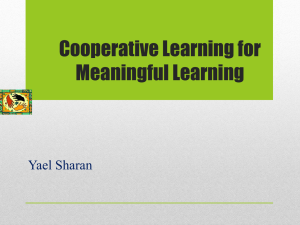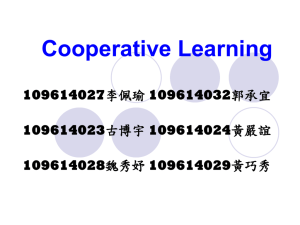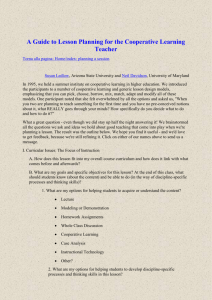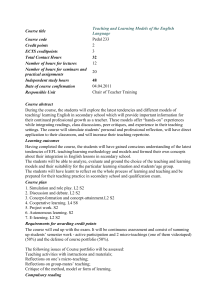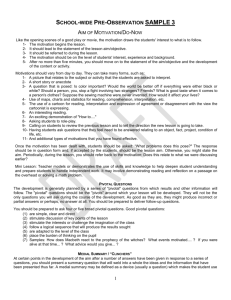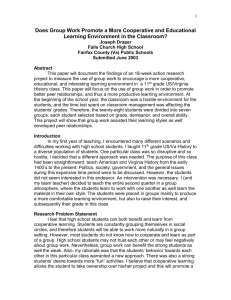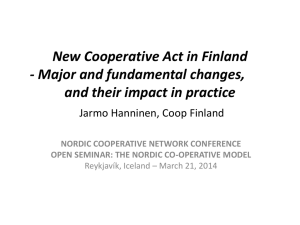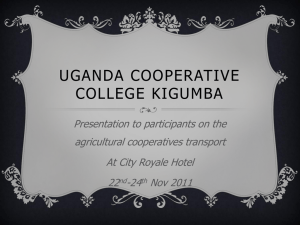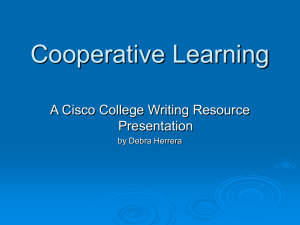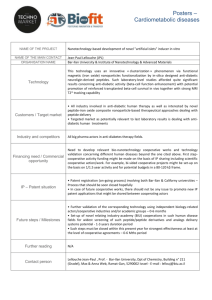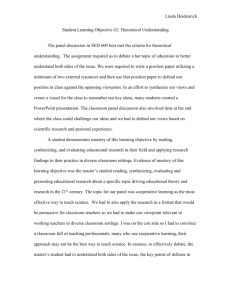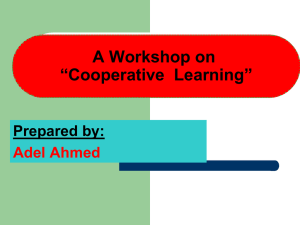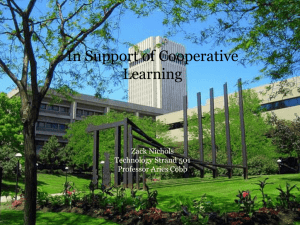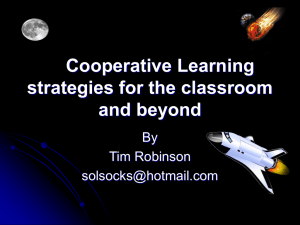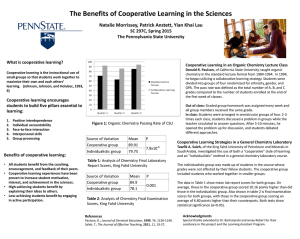Chapter 8 Section 4 Other Organizations
advertisement
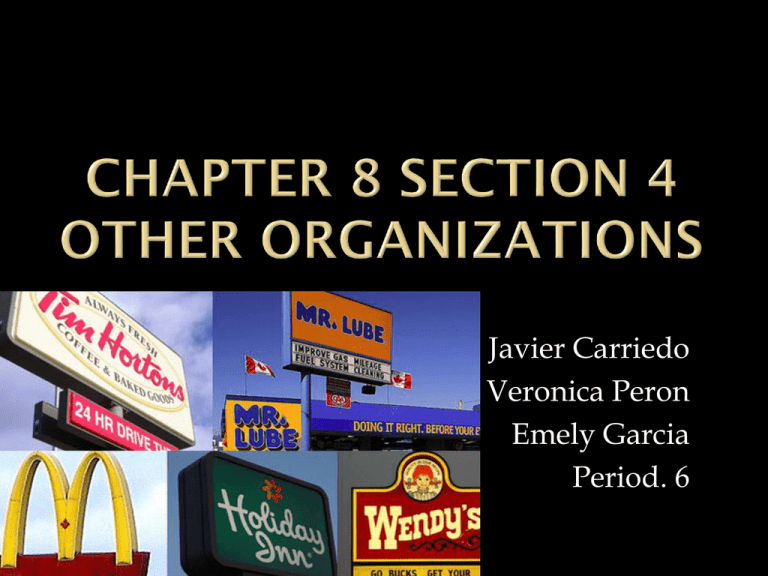
Javier Carriedo Veronica Peron Emely Garcia Period. 6 Business Franchise: a semi-independent business that pays fees to a parent company in return for the exclusive right to sell a certain product or service in a given area. Parent companies are called franchisers. Management training and support Standardized quality National advertising programs Financial assistance Centralized buying power High franchising fees and royalties Strict operating standards Purchasing restrictions Limited product line Cooperative = a business organization owned and operated by a group of individuals for their mutual benefits. Consumer Cooperative = retail outlet owned and operated by consumers. Service Cooperative = cooperative that provides a service, rather than a good. Producer Cooperative = agricultural marketing cooperative that helps members sell their products. Nonprofit Organization = institution that functions much like a business, but does not operate for the purpose of generating profits. Professional Organization = nonprofit organization that works to improve the image, working conditions, and skill levels of people in particular occupations. Business Associations = nonprofit that promotes collective business interest for a city, state, or other geographical area, or for a group of similar businesses. Trade Association = nonprofit organization that promotes the interest of a particular industry. Labor Unions = an organized group of workers whose aim is to improve working conditions, hours, wages, and fringe benefits. 1. Parent companies are called what? 2. What are two advantages of a franchise? 3. What are two disadvantages of a franchise? 4. What do service cooperative businesses provide? What don’t they provide? 5. What are two things that labor unions aim to improve?

